In the realm of Chinese cuisine, spring bamboo shoots (often abbreviated as “spring shoots”) hold a unique and esteemed position. Their delicate flavor, crisp texture, and nutritional benefits make them a cherished ingredient in various dishes, particularly during the spring season when they are freshly harvested. Among the myriad of cooking methods for spring shoots, oil-braising stands out as a classic technique that enhances their natural sweetness and brings out an irresistible aroma. However, one question often arises among home cooks and culinary enthusiasts: should you boil spring bamboo shoots before oil-braising them?
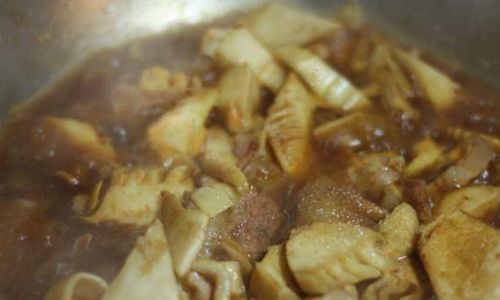
This debate is rooted in the intricacies of Chinese cooking, where each step and ingredient plays a crucial role in achieving the perfect balance of taste, texture, and presentation. To delve into this question, we must first understand the properties of spring bamboo shoots, the purpose of boiling, and the nuances of oil-braising.
Understanding Spring Bamboo Shoots
Spring bamboo shoots are the tender, edible shoots of bamboo plants that emerge during the spring season. They are low in calories but high in dietary fiber, vitamins, and minerals, making them a healthy addition to any meal. Their flavor is subtly sweet with a hint of earthiness, and their texture can range from crisp to tender depending on the cooking method.
Fresh spring shoots often contain a natural sap that can make them slightly bitter or astringent if not properly prepared. This sap is a natural preservative that helps protect the shoots from pests and diseases in their natural environment. However, in the kitchen, it can detract from the desired taste of the dish.
The Role of Boiling
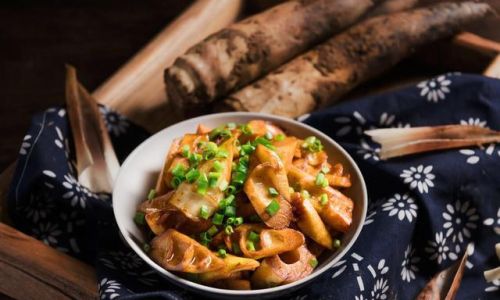
Boiling is a common preliminary step in cooking spring bamboo shoots, particularly in traditional Chinese recipes. The primary purpose of boiling is to remove the excess sap and bitterness, soften the shoots slightly, and ensure a more uniform cooking process during the final preparation.
By immersing the shoots in boiling water for a few minutes, the heat helps to break down some of the cell structures within the shoots, making them more tender and easier to digest. Additionally, boiling can help to sanitize the shoots, reducing the risk of foodborne illnesses, especially if they were not freshly harvested.
However, boiling also has its drawbacks. It can strip away some of the natural flavors and nutrients from the shoots, making them less vibrant and nutritious. Furthermore, over-boiling can result in a mushy texture, defeating the purpose of using spring shoots in dishes that require a crisp bite.
The Art of Oil-Braising
Oil-braising, or “you men” in Chinese, is a cooking technique that involves frying ingredients in a small amount of oil over medium to low heat until they are deeply flavored and slightly caramelized. This method is particularly suited for vegetables, meats, and seafood that benefit from a rich, glossy coating and a concentrated flavor profile.
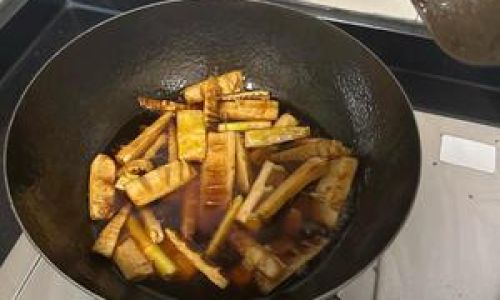
When oil-braising spring bamboo shoots, the goal is to achieve a balance between the shoots’ natural sweetness and the caramelized flavors developed during cooking. The oil acts as a medium for transmitting heat evenly and helps to create a delicious crust on the surface of the shoots.
The key to successful oil-braising lies in controlling the temperature and the amount of time the shoots spend in the oil. Too high a temperature or too long a cooking time can result in burnt or overcooked shoots, while too low a temperature or too short a time may leave them undercooked and lacking in flavor.
The Debate Unpacked
Now, let’s tackle the central question: should you boil spring bamboo shoots before oil-braising them?
Proponents of boiling argue that it is a necessary step to ensure that the shoots are tender, free of bitterness, and safe to eat. They contend that boiling helps to bring out the best flavor and texture in the shoots, making them more versatile in various dishes.
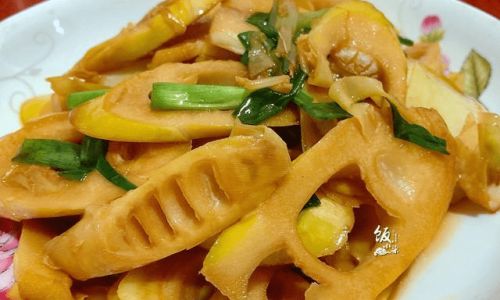
On the other hand, opponents of boiling argue that it is unnecessary and can detract from the natural beauty and flavor of the shoots. They advocate for a direct oil-braising method, where the shoots are simply rinsed, patted dry, and then cooked in oil with aromatic seasonings. This method, they claim, preserves the shoots’ crispness, sweetness, and nutritional value.
In reality, the answer to this debate lies in personal preference and the specific recipe being followed. Some recipes may call for boiling as a necessary step to achieve a certain texture or flavor profile, while others may emphasize the retention of the shoots’ natural qualities.
Finding the Middle Ground
For those who wish to strike a balance between the two extremes, there is a middle ground. Instead of boiling, consider blanching the shoots in boiling water for a very short period (usually no more than 30 seconds to 1 minute). This will help to remove some of the excess sap and bitterness without overcooking the shoots.
Alternatively, you can soak the shoots in cold water for a few hours or overnight, changing the water occasionally. This method, known as “soaking,” is gentler than boiling and helps to draw out the bitterness while preserving the shoots’ texture and flavor.
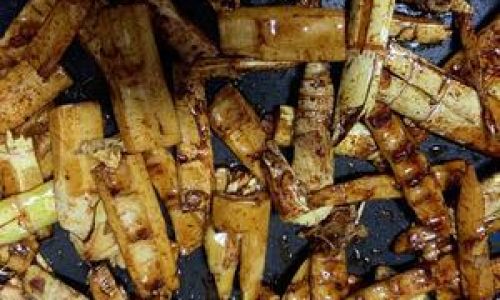
Once the shoots have been prepared, they can be oil-braised with a variety of seasonings such as garlic, ginger, soy sauce, and sugar to create a dish that is both visually appealing and delicious.
Conclusion
In conclusion, the debate about whether to boil spring bamboo shoots before oil-braising them is a testament to the complexity and diversity of Chinese cuisine. While boiling can help to remove bitterness and soften the shoots, it can also strip away some of their natural flavors and nutrients. On the other hand, direct oil-braising preserves the shoots’ crispness and sweetness but may require additional steps to ensure they are tender and free of bitterness.
Ultimately, the decision to boil or not to boil comes down to personal preference, the specific recipe being followed, and the desired outcome of the dish. By experimenting with different methods and ingredients, home cooks can discover the perfect balance that suits their taste and culinary style. So, the next time you’re faced with a bag of fresh spring bamboo shoots, don’t be afraid to experiment and find the method that works best for you.
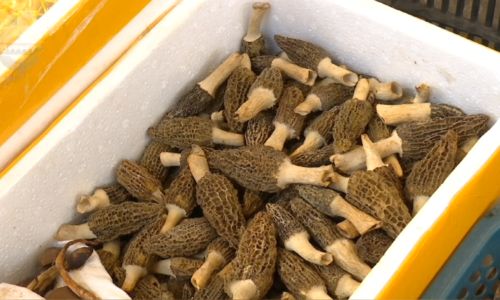
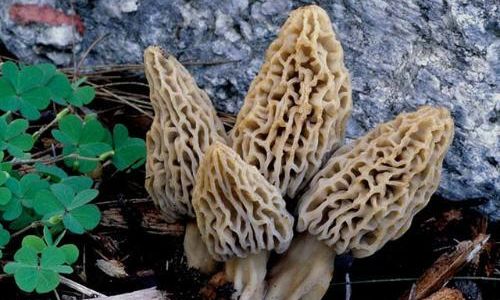
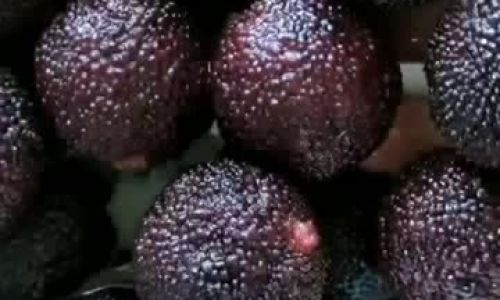
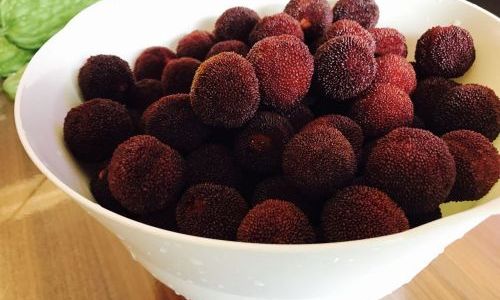
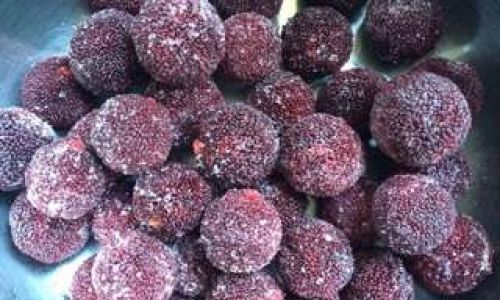
0 comments